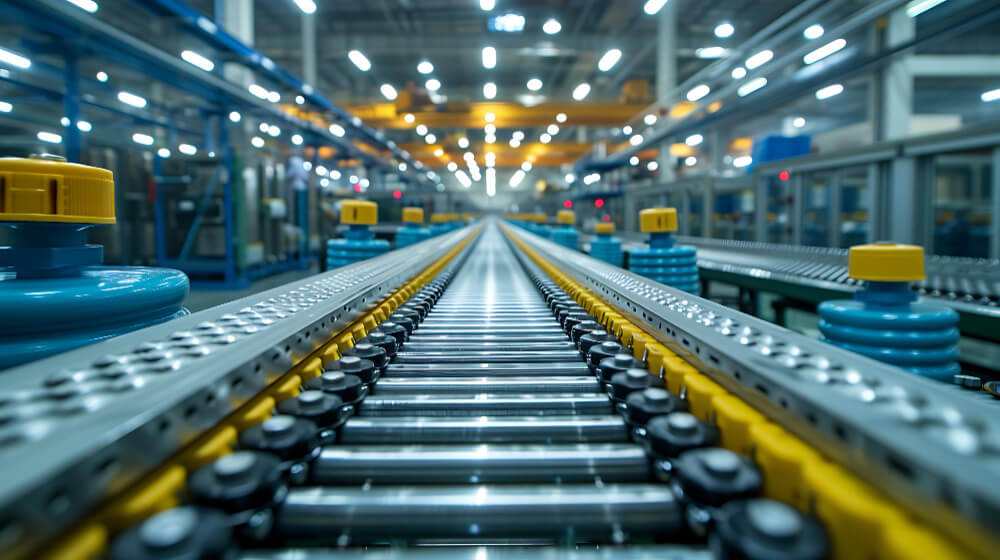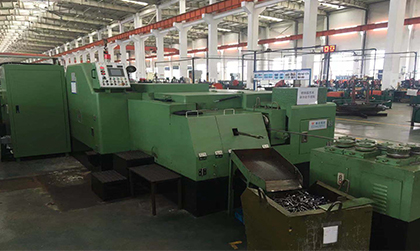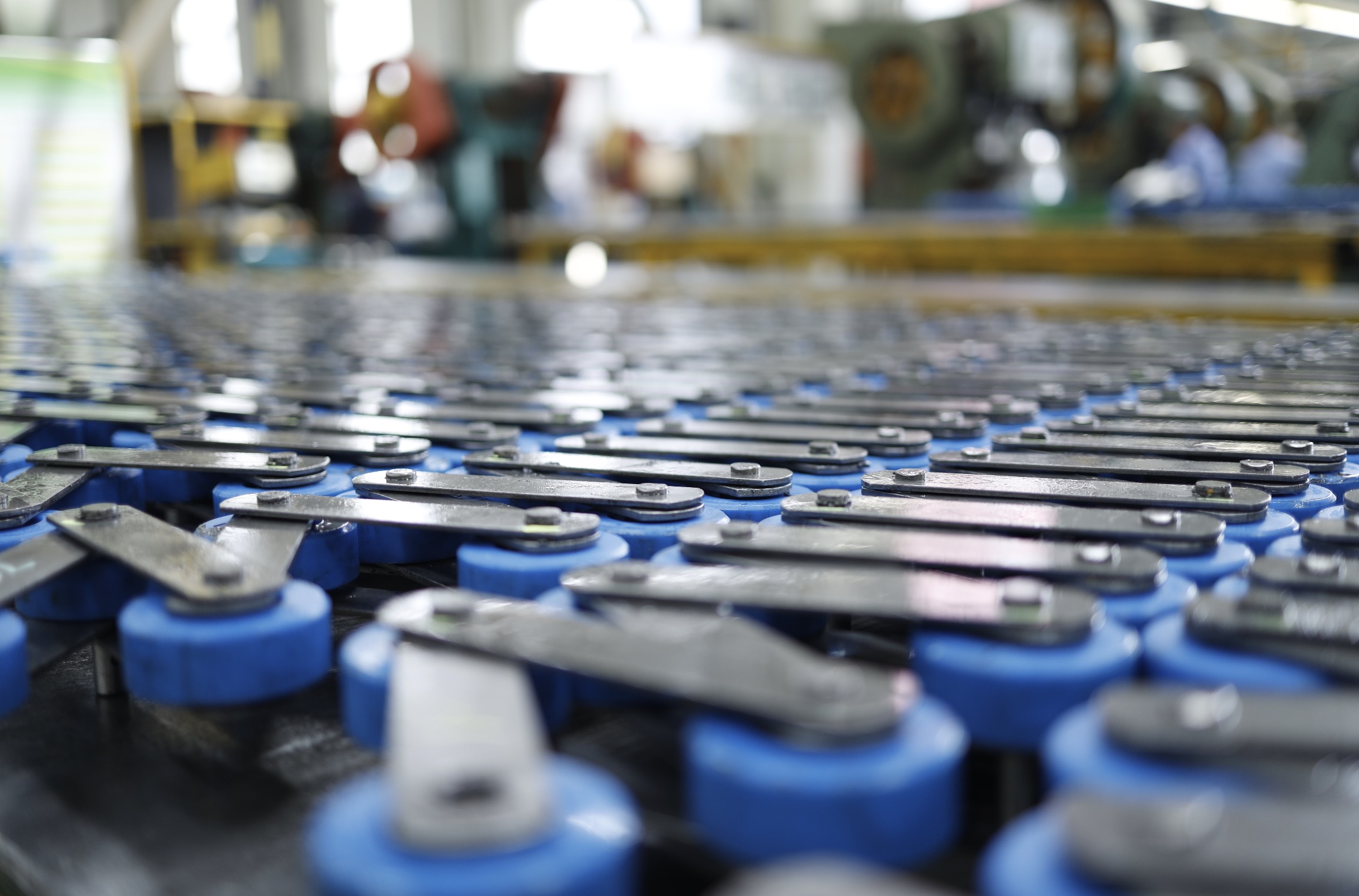Inspecting and maintaining a forklift chain involves regular checks for wear, lubrication, and alignment to ensure optimal performance and safety.
Proper maintenance not only extends the lifespan of the chain but also enhances the safety and efficiency of forklift operations.
Neglecting these tasks can lead to costly repairs and potential safety hazards.
For comprehensive guidance on keeping your forklift chain in top condition, read the full article.
What is a forklift chain?
A forklift chain is a critical component in the lifting mechanism of a forklift, responsible for raising and lowering the load.
It typically consists of high-strength steel links designed to withstand substantial tension and repetitive use.
Understanding the importance of this chain is essential for proper forklift operation and safety.
Forklift Chain Replacement
Step 1: Prepare the Forklift
Park the forklift on a flat surface and engage the parking brake. Ensure the forks are lowered to the ground and the engine is off.
Step 2: Remove the Old Chain
Loosen the chain tension and carefully detach the chain from the mast and anchor points. This may require removing bolts or pins that secure the chain.
Step 3: Inspect the Components
Before installing the new chain, inspect the mast, pulleys, and other related components for wear or damage. Replace any worn parts to prevent future issues.
Step 4: Install the New Chain
Attach the new chain to the mast and anchor points, ensuring it is properly aligned and seated. Secure it with bolts or pins as required.
Step 5: Adjust Tension
Adjust the chain tension according to the manufacturer’s specifications. Proper tension is crucial for safe and efficient operation.
Step 6: Lubricate
Apply the recommended lubricant to the new chain to ensure smooth operation and reduce wear.
Step 7: Test the Forklift
Start the forklift and operate the lifting mechanism to ensure the chain moves smoothly and without any unusual noises or resistance.
Forklift Chain Maintenance
Maintaining a forklift chain involves several routine tasks to ensure its longevity and reliability:
1: Lubrication
Regularly lubricate the chain to reduce friction and wear. Use the recommended lubricant from the manufacturer, and apply it evenly to all parts of the chain.
2: Cleaning
Keep the chain clean from debris and contaminants that can cause additional wear. Wipe down the chain with a clean cloth and check for any embedded particles.
3: Tension Adjustment
Ensure the chain has the correct tension. Too tight, and it can cause unnecessary stress; too loose, and it can skip or misalign.
Tips on How to Inspect a Forklift Chain
Proper inspection of a forklift chain involves several key steps:
Visual Inspection
Look for signs of wear, such as elongation, rust, or damage to the links and pins. Inspect for any misalignment or deformation.
Measure Chain Elongation
Use a caliper or a specialized chain elongation gauge to measure the length of the chain.
Compare the measurements to the manufacturer’s specifications to determine if it has elongated beyond acceptable limits.
Check for Proper Lubrication
Ensure the chain is adequately lubricated and that the lubricant is evenly distributed.
Lack of lubrication can cause excessive wear and reduce the chain’s lifespan.
Assess Pin and Bushing Wear
Look closely at the pins and bushings for any signs of wear or damage.
Significant wear on these components can compromise the integrity of the chain.
Listen for Unusual Noises
During operation, listen for any unusual noises such as squeaking or grinding, which can indicate problems with the chain or its lubrication.
Regular and thorough inspection is key to maintaining a forklift chain’s performance and safety.
By adhering to these maintenance and inspection tips, you can prevent unexpected failures and extend the life of your forklift chain.


